Why take the CFA Exam? In today’s post, we revisit a discussion we have periodically with our students. The advantages and disadvantages to crossing this difficult bridge are many.
Let’s dive in.
A Global Standard
First of all, for the internationally minded, the CFA Charterholder designation is recognized globally. This exam has the advantage of being an equalizer across continents. All around the world, people from different walks of life can empathize with a failed CFA exam experience. Furthermore, a pass can be equally empathetically celebrated.
Whether you live in New York, or New Mexico, London, England or London, Ontario (Canada), the same exam is given in all places. Therefore, employers all throughout the world have common ground on which to assess the competency (at least when it comes to test taking) of CFA Charterholders.
Prestige is Real…But Importantly So When You’re Young
Another advantage, is that passing all levels of the CFA Exam may increase your marketability to a potential employer over others that do not have the designation. The prestige of the CFA Charterholder designation can certainly help you get a leg up. The CFA exam difficulty is well known, and thus those that succeed tend to be well respected in the industry.
However, when in your career you achieve this designation can have important implications.
We advise that the earlier you take it, the better.
The CFA Exam, acts much like a signaling device. To pass the exam requires a tremendous amount of persistence, self-discipline, critical thinking, focus, and many other admirable traits that any employer would be happy to find in a prospective employee.
Early on in your career, when there is not likely much on your resume, these signaling devices matter (your GPA, or what college you attended are other signaling devices).
That said, when you get older, your career accomplishments will speak louder than any designation. At later stages of your career, you may find that the CFA Charterholder designation becomes more of a “nice-to-have”, rather than a “must have” for career advancement.
Disadvantages
There’s no sense in providing the positives without looking at the negatives, so here are a few disadvantages of taking the CFA Exam:
- It takes a LOT of time (for those that fail multiple times especially).
- Significant portions of the material are more theoretical, than practical (you may find the same at many business schools however).
- Networking possibilities may be less than those provided by an MBA.
- Intergenerational comparisons of CFA Charterholders are not apples-to-apples (the exam is much harder now than it used to be).
- The exam can be extremely difficult for those with no finance background.
- And so on…
In many instances, an MBA can be just as valuable as the CFA designation. In some cases, it can be even more valuable.
Career paths are often determined by who you know (in addition to what you know, of course). With that in mind, the CFA Exam journey is much more of a solo endeavor than the MBA route. While CFA Societies around the world can bolster your networking potential, the networking and kinship developed at graduate schools are often deeper and long-lasting connections. While the price-tag is heftier, it may be worth it for the networking. And, generally, the better the school, the better the network.
So, why take the CFA exam? Overall, we believe that the most important reason lies in your early job prospects. Start when you’re young, and work hard at it. It will bolster your financial knowledge no doubt, but it will also improve your employability.
For help getting through the exam, look no further for a CFA tutor. We’re here to help if you need it. Good luck!

